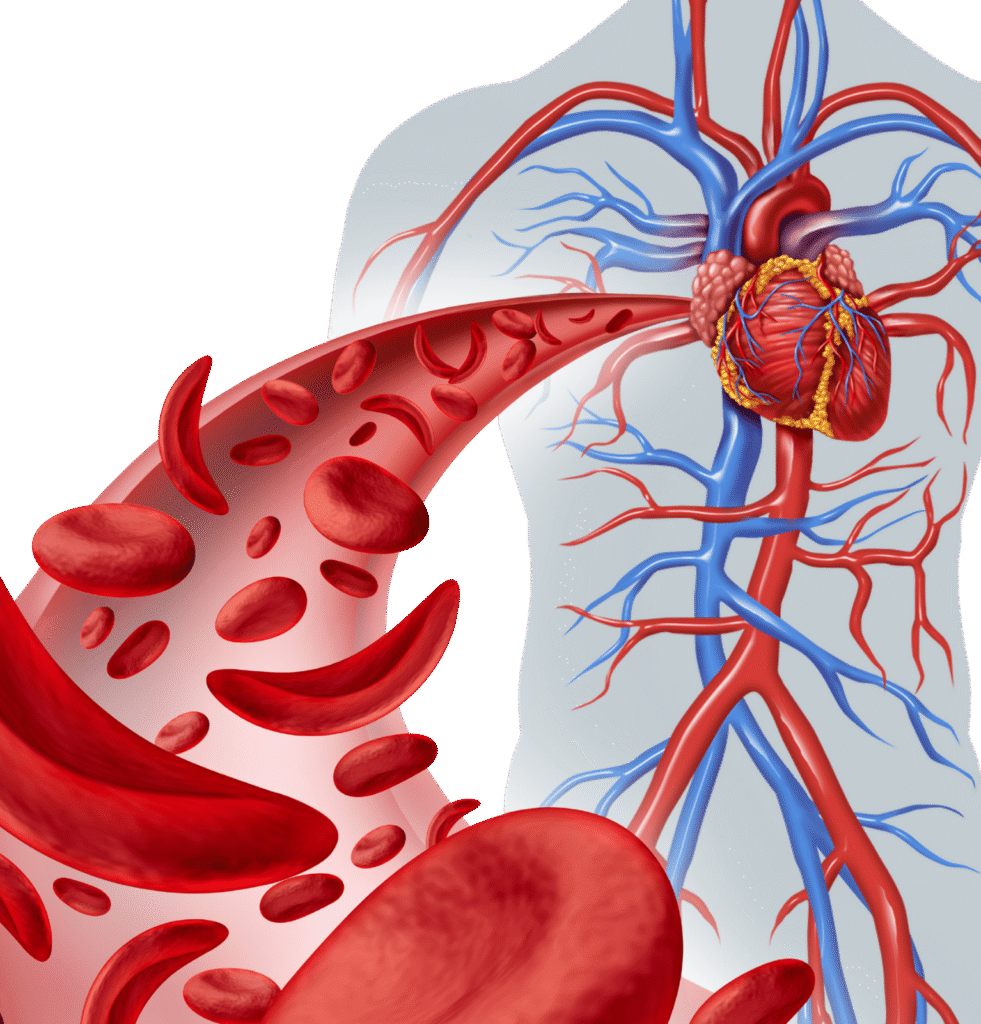Carrier Screening
"Carrier screening" is a type of genetic testing performed on individuals or couples who do not have a genetic disease themselves but may carry a gene mutation for a recessive genetic disorder. The purpose is to determine their risk of having a child affected by that disorder.
Key Concepts of Carrier Screening
Recessive Genetic Disorders
These conditions only manifest if an individual inherits two copies of the mutated gene – one from each parent. If a person inherits only one copy of the mutated gene and one normal copy, they are a "carrier" and typically do not show symptoms of the disease.
Autosomal Recessive Inheritance
The most common pattern for conditions targeted by carrier screening. Examples include Cystic Fibrosis, Sickle Cell Anemia, Tay-Sachs Disease, Spinal Muscular Atrophy (SMA), and Fragile X Syndrome (which has an X-linked component but is often included in panels).
Risk Assessment
If both partners are found to be carriers for the same recessive genetic disorder, there is a 25% (1 in 4) chance with each pregnancy that their child will inherit two copies of the mutated gene and be affected by the disease.

Who is Offered Carrier Screening?
Carrier screening can be offered to:
- Individuals/Couples Planning a Pregnancy: Before conception, to understand their risks.
- Pregnant Individuals/Couples: Early in pregnancy.
- Individuals with Specific Ethnic Backgrounds: Certain genetic disorders are more common in specific ethnic groups (e.g., Tay-Sachs in Ashkenazi Jewish populations, Sickle Cell Anemia in African, Mediterranean, and South Asian populations, Thalassemia in Mediterranean, Middle Eastern, and Asian populations).
- Individuals with a Family History: If there is a known family history of a particular recessive genetic disorder.
- General Population (Expanded Carrier Screening): Increasingly, panels that screen for hundreds of genetic conditions are offered to all individuals or couples, regardless of ethnicity or family history.
How is Carrier Screening Performed?
- Sample Collection: Typically involves a simple blood test or saliva sample.
- Laboratory Analysis: DNA is extracted from the sample and analyzed using various molecular genetic techniques:
- PCR (Polymerase Chain Reaction): To amplify specific gene regions.
- DNA Sequencing: To read the exact DNA sequence and identify mutations.
- Array-based technologies: For screening multiple mutations simultaneously.
- Next-Generation Sequencing (NGS): For large-scale screening of many genes (expanded carrier screening panels).
- Results: The report indicates whether an individual is a carrier for any of the tested conditions. If both partners are carriers for the same condition, genetic counseling is recommended to discuss the implications and options.
Ethical Considerations and Challenges
Carrier screening is a powerful tool in reproductive medicine, empowering individuals and couples with valuable genetic information to make informed decisions about their reproductive future.

Informed Consent
It's crucial that individuals understand what they are being screened for, the implications of positive or negative results, and the potential emotional impact.
Scope of Screening
Expanded carrier screening panels can test for hundreds of conditions, some of which are very rare or have variable severity, leading to complex counseling challenges.
Variant of Unknown Significance (VUS
Genetic tests can sometimes find genetic changes whose clinical significance is not yet known, leading to uncertainty.
Cost and Access
Access to comprehensive carrier screening can be limited by cost and availability.

